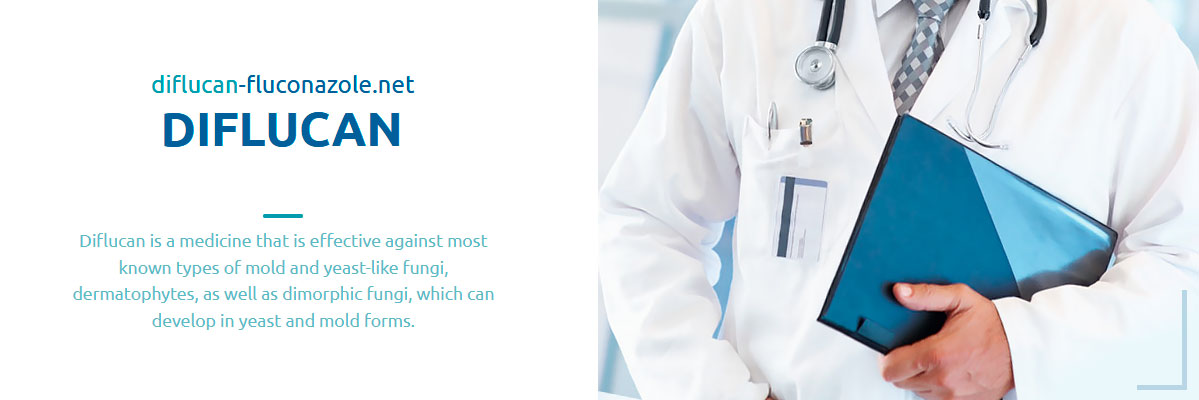Since there are many varieties of psoriasis, as well as the reasons for its development, in most cases only a doctor should determine how to treat psoriasis. The main therapy is the treatment with topical drugs. These funds include:
- hormonal ointments containing glucocorticosteroids that affect autoimmune processes;
- therapeutic creams and ointments based on tar, naftalan , grease, zinc, vitamins and other components that moisturize, soften the skin, reduce itching, inflammation, and accelerate the recovery processes in the skin.
Hormonal drugs prescribed for the treatment of psoriasis have a strong effect and are recommended for use only during an exacerbation. These include ointments with the addition of the hormones mometasone , betamethasone , clobetasol , methylprednisolone , etc. Used in the acute period, ointments have antipruritic , vasoconstrictive, decongestant, desensitizing, analgesic and anti-inflammatory effects. The positive effect occurs within 10-30 minutes after application. However, despite the powerful therapeutic effect, it is usually not recommended to use glucocorticosteroid ointments for longer than 2 weeks. Improper use is fraught with negative consequences, including skin atrophy, the development of eczema, adrenal insufficiency, depression, psychosis, pancreatitis and other diseases of the endocrine, reproductive, musculoskeletal, digestive, nervous and cardiovascular systems.
In an acute period, it is useful to use an ointment, cream or lotion with natural vitamin D3 or its equivalent. Treatment of psoriasis with these drugs is combined with glucocorticosteroid ointments, but also have a limited time of use. Their main action is to reduce the rate of cell division.
Hormonal ointments and preparations with vitamin D3 must be prescribed by a doctor.
In the stationary and regressive periods, psoriasis is preferably treated with preparations based on naftalan oil, urea and salicylic acid, which have anti-inflammatory, antipruritic , exfoliating and moisturizing effects, prolong remission, help cleanse and restore the skin. These include ” Losterin ” , which includes deresined naftalan , urea, salicylic acid, Japanese Sophora extract, almond oil and D- panthenol .
Salicylic acid and urea are necessary for keratolytic therapy – the removal of crusts. D – panthenol and almond oil nourish the skin and help its recovery. Sophora extract and naftalan perform one of the most important points of skin restoration – they normalize metabolism in the dermis, restore thermoregulation, and disinfect the skin surface.
IMPORTANT: Losterin cream for psoriasis can and should be used only after the acute period of the disease has passed!
Additionally, vitamins (A, E, D, vitamins of group B) can be used, which correct metabolism and affect the nutrition and regeneration of the skin, and antihistamines that reduce itching and inflammation. A diet that normalizes metabolism can also be prescribed : with the exception of preservatives, marinades, salty foods. It is recommended to introduce dairy products, fresh vegetables and sea fish into the diet. In addition to correcting metabolism, this food has a positive effect on the immune system.
Psoriasis is a disease that can greatly shake the psychological state of the patient. In some cases psychotherapy sessions are recommended . Calmness and positive emotions are an important factor in the treatment of psoriasis.
Physiotherapeutic methods can also be prescribed to help restore immunity, normalize metabolism and reduce rash and swelling. Among these ways:
- cryotherapy – exposure of the skin to cold air (-130 ° C), which helps to relieve inflammation;
- ichthyotherapy – a type of treatment in which the affected area of \u200b\u200bthe skin is immersed in a pond with fish that eat dead skin particles;
- hirudotherapy , or plasmapheresis , – treatment with leeches; used to improve blood circulation and normalize immune responses;
- PUVA therapy – phototherapy combined with drug treatment, consists in exposing the skin to ultraviolet radiation along with medicinal substances of plant origin. The procedure is characterized by a high level of effectiveness: patients note the rapid onset of long-term remission and skin cleansing.
